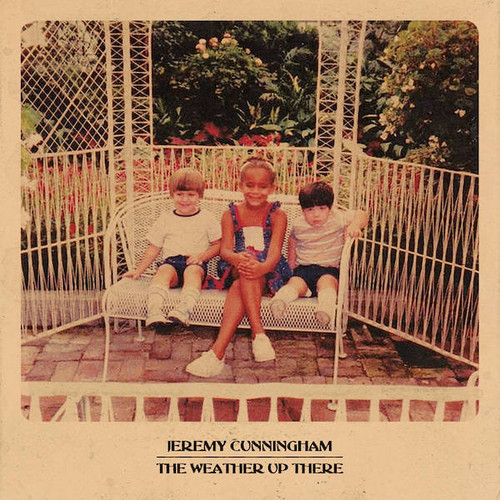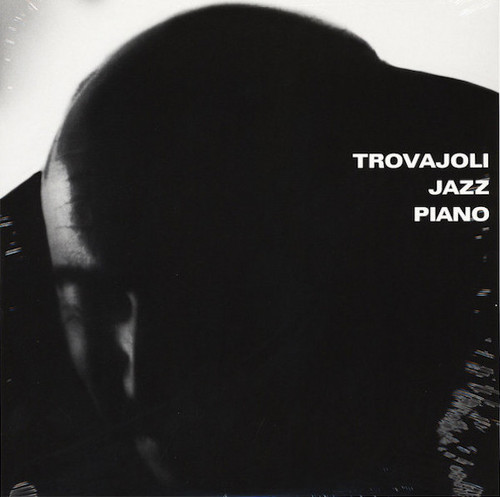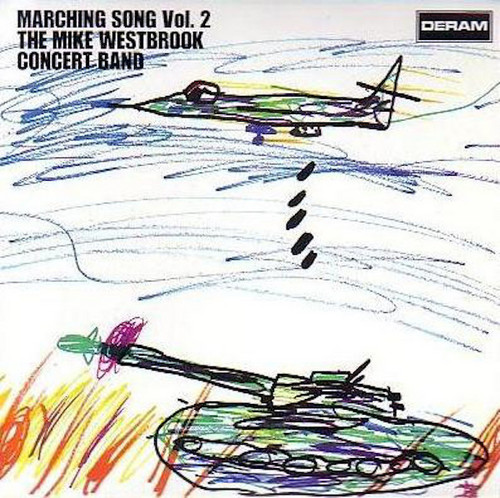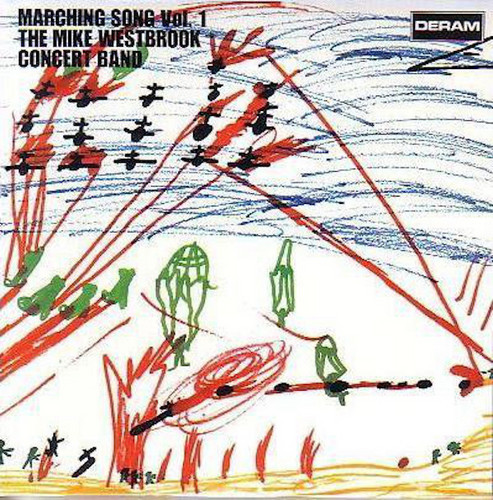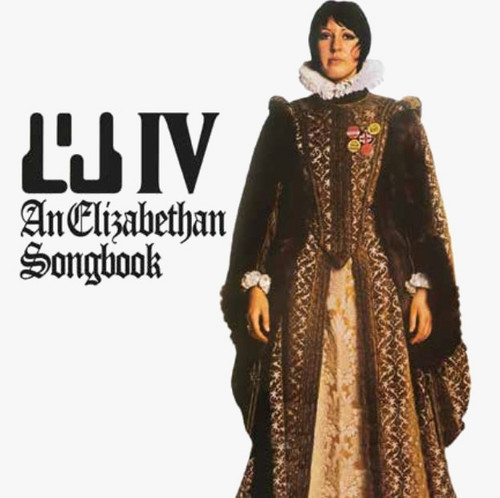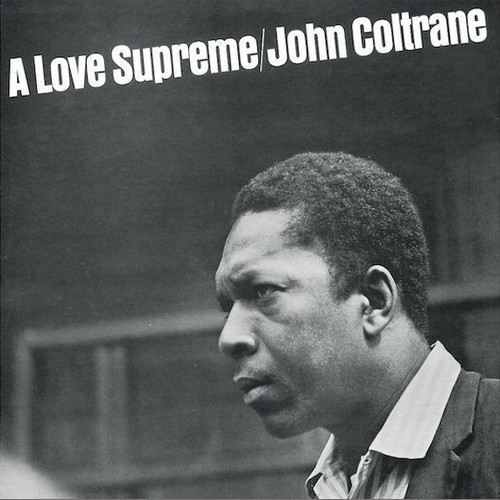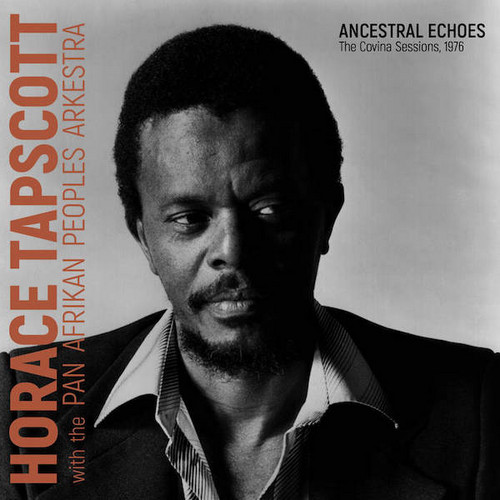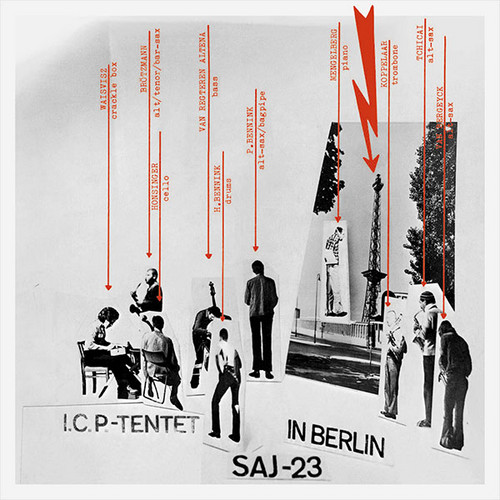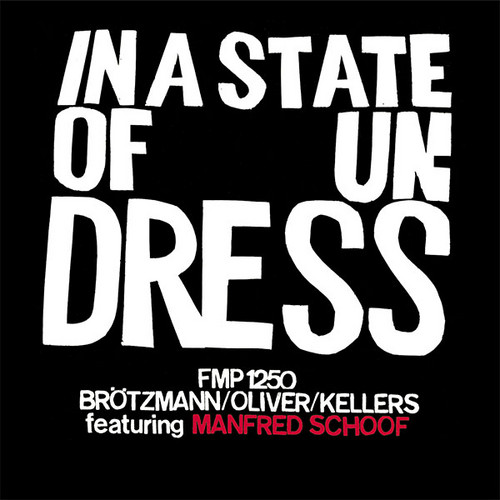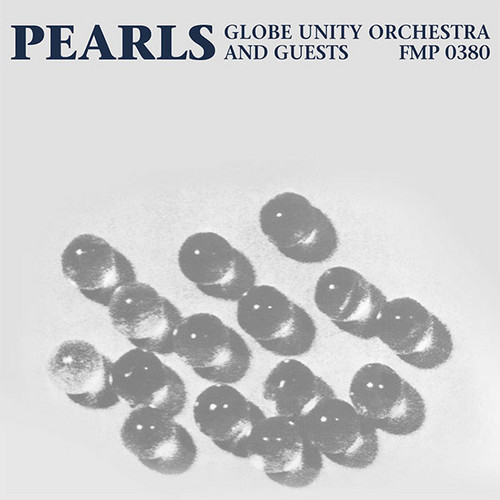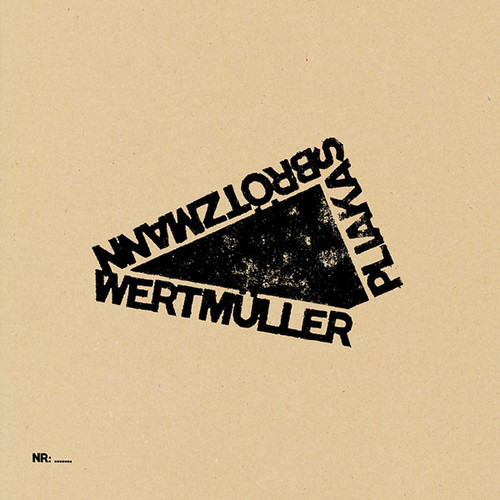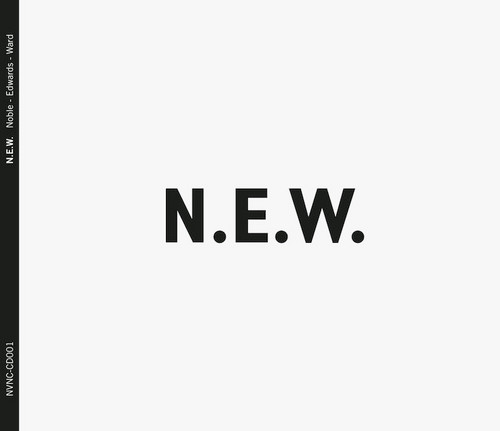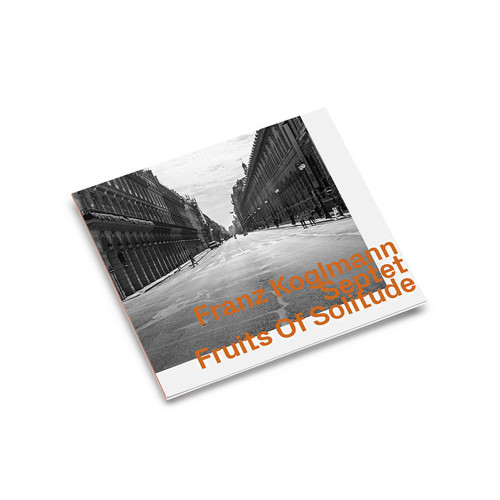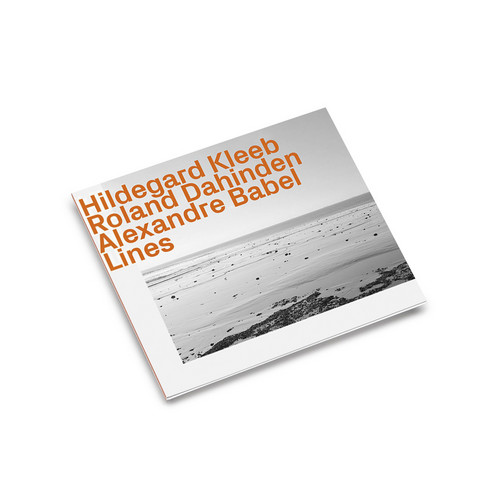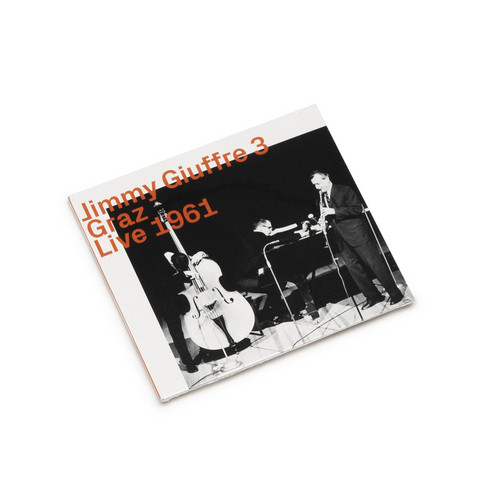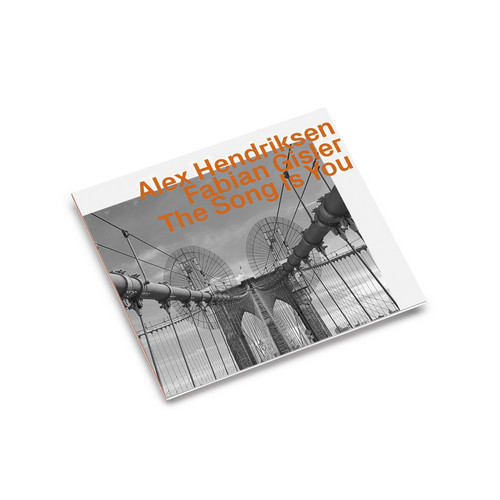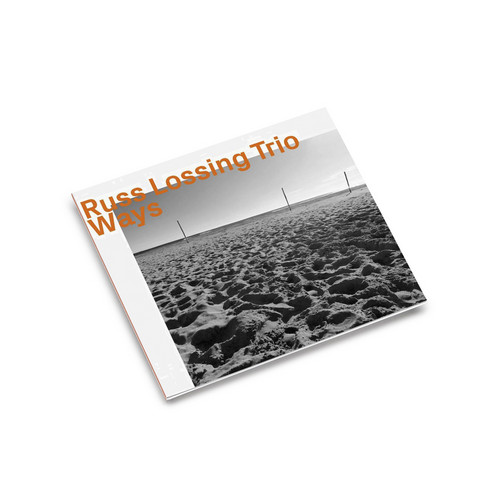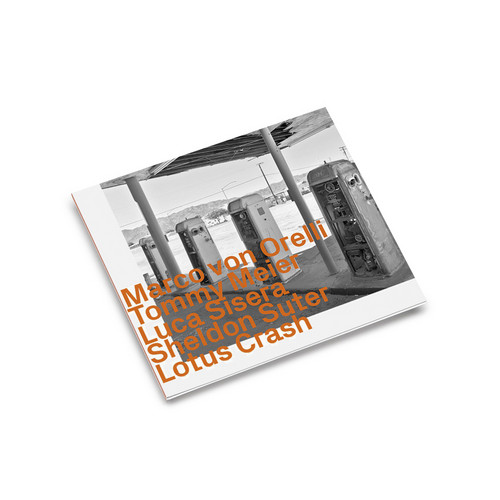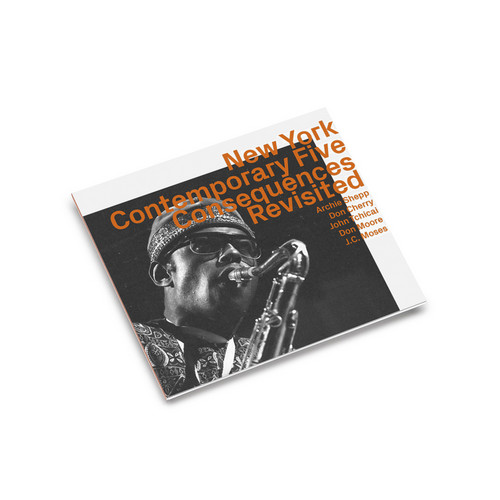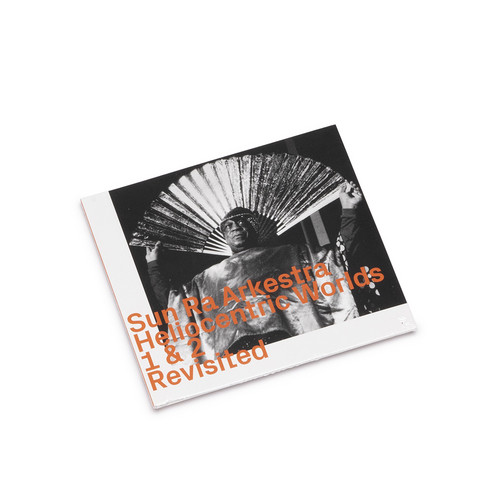Jazz /
The Weather Up There
Chicago drummer and composer Jeremy Cunningham wrote The Weather Up There in response to the loss of his brother Andrew, who died in a home invasion robbery in 2008. Co-produced by Jeff Parker and Paul Bryan, and engineered by Paul Bryan and John McEntire, this new work confronts the tragedy of violence and examines the acute ripple effect on several people's lives through the lens of memory, response, and collage. Further deepening the textural and emotive impact, Cunningham formed a “drum choi…
Jazz Piano
Roman pianist and film composer Armando Trovajoli scored over 300 feature films during his remarkable career. Starting out in the 1930s as a player in Orchestra Rocco Grasso and Sesto Carlini’s beloved jazz orchestra, in 1949 he represented Italy at the Festival du Jazz de Paris and he began composing films three years later. Jazz Piano, released by RCA in 1959, saw Trovajoli fronting a quartet with three of his regular orchestra members, namely drummer Sergio Conti, bassist/arranger Berto Pisan…
Marching Songs Vol. 2
It's hardly surprising that Mike Westbrook reigned supreme in the latter quarter of the 1960s and early 70s. His big band was voted top of that category in the late-lamented Melody Maker British jazz polls for 1970 (and the two years either side of that). In the same year, his third album, Marching Song, recorded a year earlier came third in the category "LP Of The Year" (the number one album that year was John McLaughlin's seminal Extrapolation so there was exceptionally strong competition). Th…
Marching Songs Vol. 1
It's hardly surprising that Mike Westbrook reigned supreme in the latter quarter of the 1960s and early 70s. His big band was voted top of that category in the late-lamented Melody Maker British jazz polls for 1970 (and the two years either side of that). In the same year, his third album, Marching Song, recorded a year earlier came third in the category "LP Of The Year" (the number one album that year was John McLaughlin's seminal Extrapolation so there was exceptionally strong competition). Th…
An Elizabethan Songbook
In compiling a modern album of Elizabethan music, London Jazz Four were faced with both technical and interpretive problems. Musically they had to decide how far we could alter the original notation in order to allow ourselves a more modern basis for improvisation, and at the same time preserve the original character of the music. To achieve this, they concentrated on melodies that were strong enough to withstand at times rather violent re-harmonisation, without losing their Elizabethan flavour.…
A Love Supreme
One of the most important records ever made, John Coltrane's A Love Supreme was his pinnacle studio outing, that at once compiled all of the innovations from his past, spoke to the current of deep spirituality that liberated him from addictions to drugs and alcohol, and glimpsed at the future innovations of his final two and a half years. Recorded over two days in December 1964, Trane's classic quartet-- Elvin Jones, McCoy Tyner, and Jimmy Garrison -- stepped into the studio and created one of t…
Ancestral Echoes - The Covina Sessions 1976
Dark Tree Records is very pleased to announce you the release, under exclusive license from the Horace Tapscott family, of this previously unpublished studio recording. In January 1976, the Pan Afrikan Peoples Arkestra recorded at Audiotronics Recording Studio in Covina, east of Los Angeles. Musicians assumed these tapes were lost, but they survived in Horace’s archive and a copy of some tracks in that of Nimbus West. Four pieces appear on this CD: Ancestral Echoes, the Eternal Egypt Suite, Sket…
In Berlin
**Edition of 200 copies. This is the seventh release in BeJazz reissue series of long-lost classics from the legendary vaults of FMP Records, presented in restored original packaging and newly remastered for optimal sound** Not unlike Globe Unity Orchestra and the Company ensembles led by Derek Bailey, Instant Composers Pool (I.C.P.) was one of the seminal large free-jazz bands to emerge on the global and European scenes during the 1960s. Founded in 1967 as a musicians co-op by iconic Dutch impr…
In a State of Undress
**Edition of 200 copies. This is the sixth release in BeJazz reissue series of long-lost classics from the legendary vaults of FMP Records, presented in restored original packaging and newly remastered for optimal sound** In the context of European free improvised music, it would be hard to find a name that towers to the heights of Peter Brötzmann. Trained as a visual artist, the saxophonist turned toward music during the second half of 1960s, and quickly became a focussed, creative lens for the…
Pearls
**Edition of 200 copies.** For fans of European free jazz, Globe Unity Orchestra needs little introduction. The project is nothing short of legendary, carving a path over the last half century. Formed as with a commission received by Alexander von Schlippenbach in 1966 - debuting at the Berliner Philharmonie late in that year - it joined three of the most powerful forces in German freely improvised music as a single unit - Gunter Hampel's quartet, Manfred Schoof's quintet, and Peter Brötzmann's …
Farewell Tonic
The recording of the last show ever in the legendary NYC club was only available in a limited run of semi-official cd-bootlegs. Now mastered for vinyl, screenprinted cover - design of course by Peter Brötzmann, handnumbered. Full Blast - with the precise and dynamic Swiss rhythm section of Marino Pliakas (electric bass) and Michael Wertmüller (drums) is the most consistent, the longest running. Recording by Bruno Soria, Ulrich Petereit. Mixed and mastered by Martin Siewert in Vienna. Artwork by …
N.E.W.
Ni-Vu-Ni-Connu presents a live concert by N.E.W. recorded at Cafe Oto, London, 17 January 2012. The album includes three tracks performed by Steve Noble - drums, John Edwards - double bass and Alex Ward - electric guitar.
Fruits Of Solitude
With a superb septet of improvisers also versed in contemporary music, trumpeter Franz Koglmann presents sophisticated compositions that interject the concept of "solitude" in the three-part title track, alongside Koglmann compositions and Jimmy Giuffre's "Finger Snapper", using striking orchestration of trumpet, sax, clarinet, bassoon, oboe, french horn, cello and double bass.
Lines
The long-running duo since 1987 of spouses, pianist Hildegard Kleeb and trombonist Roland Dahinden, are joined by Swiss-born/ Berlin-based percussionist & vibraphonist Alexandre Babel for an album of interweaving and contrasting instrumental lines, blurring the boundaries between contemporary music and improvisation through exceptional mastery and dialog.
Graz Live 1961
After introducing his new trio with pianist Paul Bley and double bassist Steve Swallow in two 1961 albums on Verve, clarinetist Jimmy Giuffre embarked on a tour of Europe, this recently discovered, well-recorded concert in Graf, Austria the perfect example of his unique concepts yielding intensely focused, harmonically challenging, rhythmically abstract, and exquisite chamber jazz.
The Song Is You
Drawing on material from Billy Strayhorn, Thelonious Monk, Michel Legrand, Harry Warren, and Victor Young, the lyrical duo of saxophonist Alex Hendriksen (Swiss Jazz Orchestra) and double bassist Fabian Gisler (Jurg Wickihalder European Quartet) cite the art form of storytelling as central to their music as they reflect thoughtfully on the American Songbook.
Ways
An essential part of the New York jazz scene since the mid-80s, pianist Russ Lossing's compositions employ concept and space in unique and personal ways, as heard in these 8 original works performed with his trio of long-time collaborators, double bassist Masa Kamaguchi and drummer Billy Mintz, for an album of highly evolved and lyrically sophisticated music.
Lotus Crash
Trumpeter Marco von Orelli's piano-less quartet with Tommy Meier on tenor saxophone, bass clarinet, Luca Sisera on double bass, and Sheldon Suter on drums is caught live at Theater am Gleis, in Winterthur, Switzerland in 2018, and at Boudoir au Revoir, the same year, performing von Orelli's compellingly clever compositions, plus one each from Adam lane and Tommy Meier.
Consequences
Though short-lived, the New York Contemporary Five brought together NY free players Don Moore on bass, J.C. Moses on drums, Archie Shepp on tenor saxophone, and Don Cherry on trumpet with Danish alto saxophonist John Tchicai, in a remastered edition of their 1966 album "Consequences", expanded with Shepp's revisiting of the material in a sextet with Sunny Murray and Ted Curson.
Heliocentric Worlds 1 and 2
The two volumes of "Heliocentric Worlds", recorded 7 months apart in 1965, represent perhaps one of greatest chapters in Sun Ra's legacy, bringing together his immense orchestration skills with future-leaning free jazz, allowing his players expanse inside disciplined compositions that reflect on both space and the then-new freedom explored by jazz soloists.
